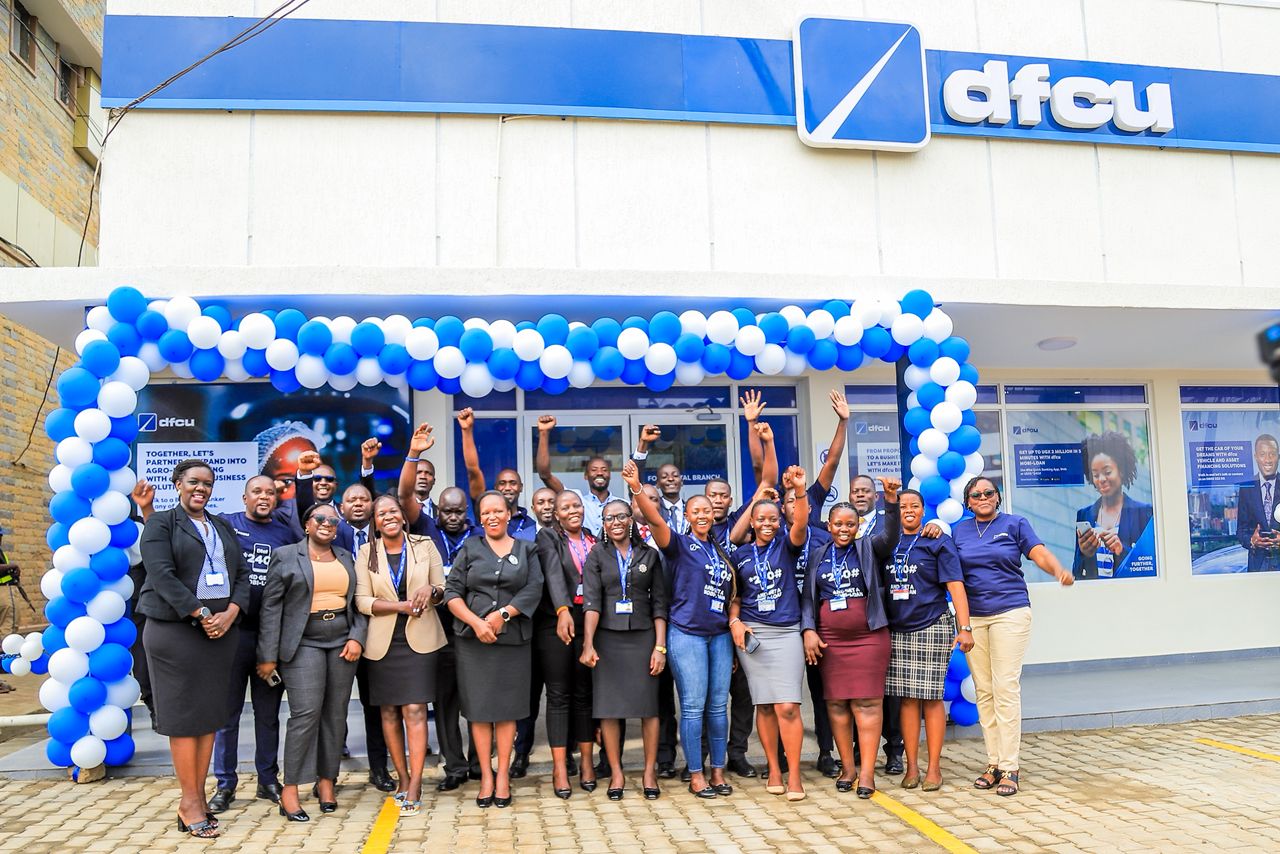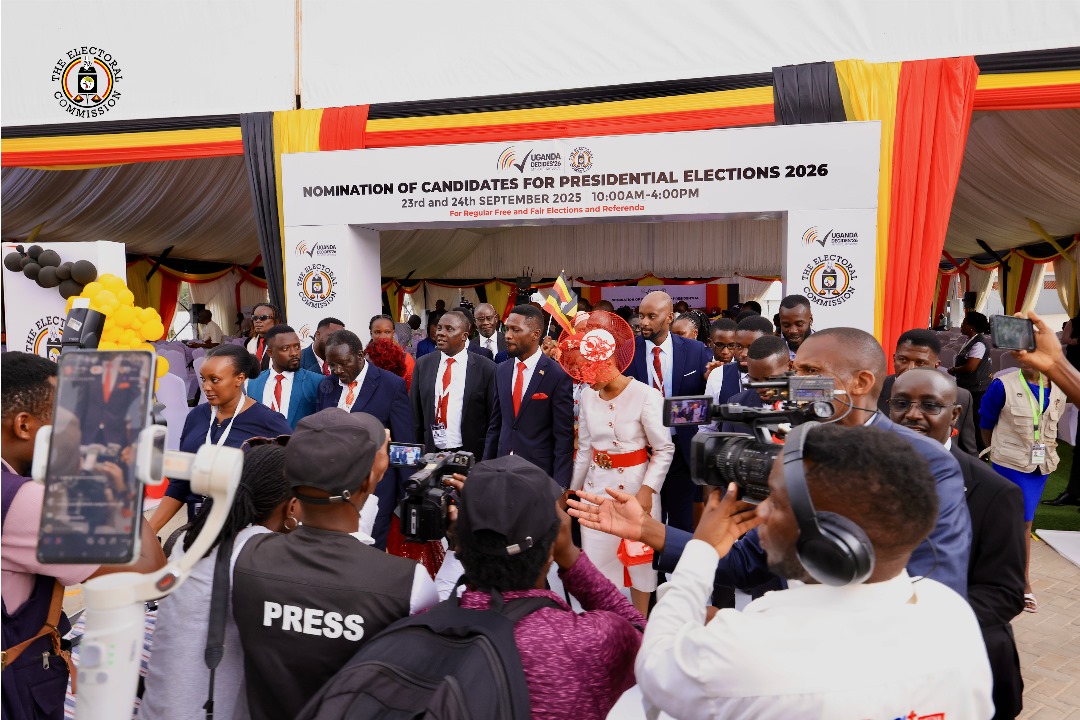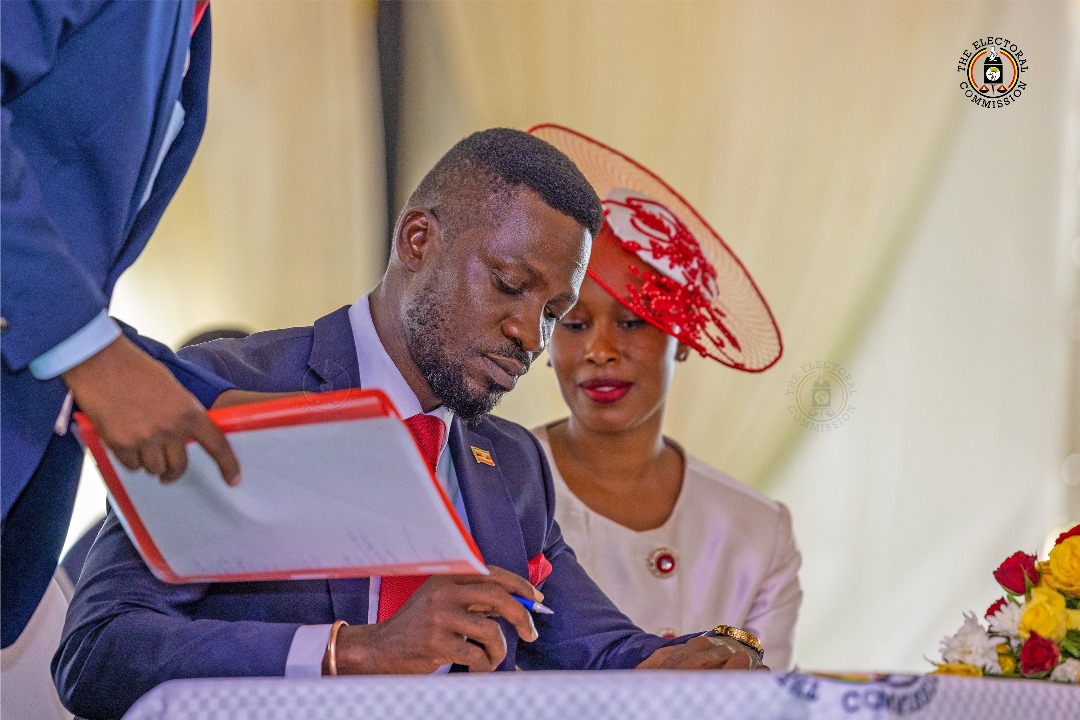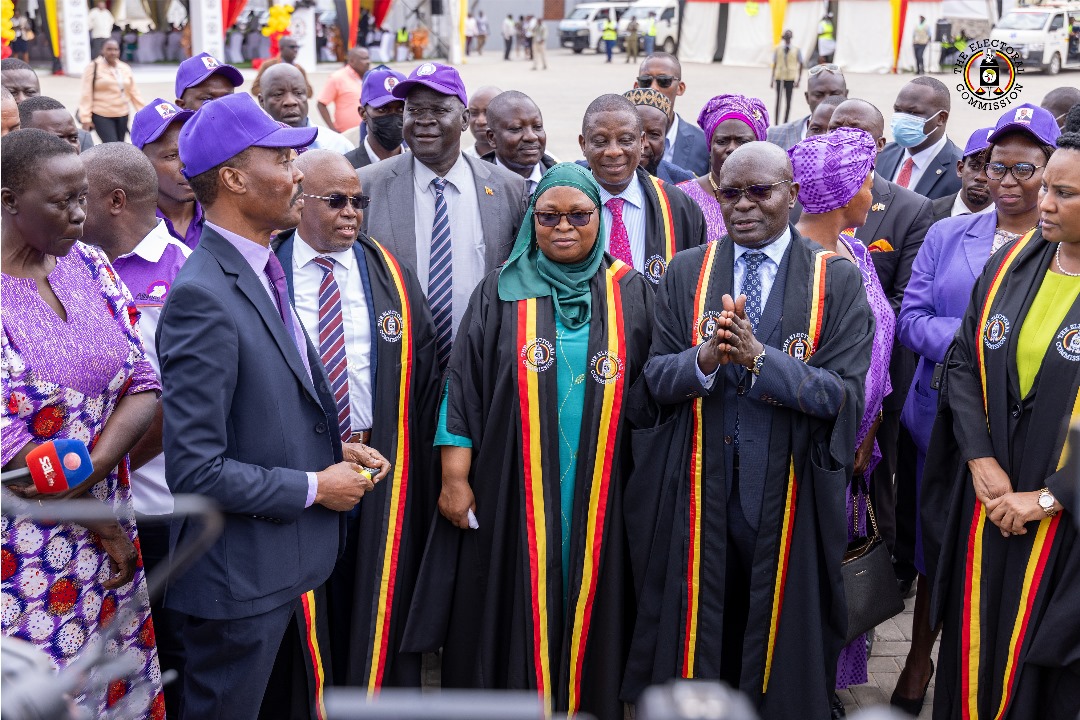Stanbic Bank fuels Run4Climate with UGX 10M, boosting reforestation efforts in Uganda
The Run4Climate initiative contributes significantly to Uganda's commitment under the global target of planting 300 million trees by 2030, with Uganda pledging to contribute 2.5 million annually.
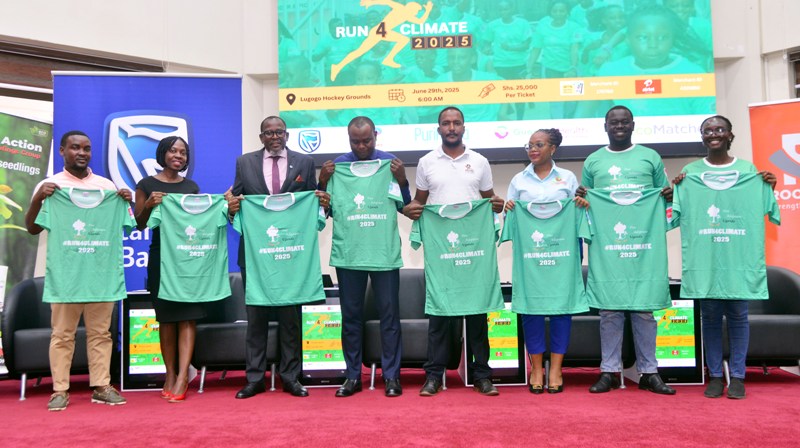
By Rachael Muyinza
Stanbic Bank Uganda has reinforced its commitment to environmental sustainability with a UGX 10 million sponsorship for the 5th edition of Run4Climate, the annual marathon and flagship initiative of the Running Out of Trees (ROOTS) campaign. This contribution marks the bank’s third consecutive year supporting the crucial event.
Scheduled for June 29, 2025, at the Hockey grounds in Lugogo, Run4Climate aims to mobilize nationwide action against climate change by raising funds and mass awareness for tree planting. The ambitious goal is to plant 40 million trees annually, representing Uganda’s current population.
“Climate change is no longer a distant threat. It’s here and impacting lives, livelihoods, and development,” stated Baziwe Alan, Vice President Public Sector at Stanbic Bank, during a recent press conference.
He emphasized that environmental protection is not simply a corporate social responsibility obligation, but rather a core part of the bank’s sustainability strategy, deeply embedded in their purpose: “Uganda is our home, we drive her growth.”
Run4Climate, organized by the Ministry of Water and Environment in partnership with Tree Adoption Uganda (TAU), addresses Uganda’s alarming rate of deforestation. The country’s forest cover has plummeted from 54% in 1900 to a mere 12% today.
Between 1921 and 2021, Uganda lost a staggering 41.6% of its forest cover, contributing to rising temperatures, prolonged droughts, erratic rainfall, and increased frequency of floods and landslides, particularly in western and eastern regions. These devastating effects jeopardize lives, disrupt agriculture, and strain national development.
The ROOTS initiative aims to counteract this environmental degradation by encouraging each Ugandan to plant at least one tree per year, contributing to mass reforestation. In recent years, seedlings have been distributed across the country, including in landslide-prone areas like Bududa, and in numerous primary schools, where young people are being engaged in climate education and action.
However, Stanbic Bank’s commitment extends beyond tree planting. In 2024 alone, the bank recycled 9,234 kilograms of single-use plastic bottles and reduced paper usage by 39.6% through the adoption of digital banking platforms. Furthermore, they partnered with Global Paper Limited to recycle bank paper waste into eco-friendly products. The bank also makes UGX 62 billion available for green businesses, supporting innovation and sustainability in sectors like agriculture, waste management, and renewable energy.
Issa Katwesigye, the Assistant Commissioner for Forestry in the Ministry of Water and Environment, highlighted the government’s strategy of combating climate change through partnerships. He cited agreements with cultural institutions, including the Kingdoms of Buganda, Bunyoro, Tooro, and Rwenzururu, which help localize climate action issues across communities.
“Combating climate change requires all of us, from individuals to institutions, to act urgently and collaboratively. Run4Climate is not just about running or planting trees; it’s also about safeguarding Uganda’s future,” Katwesigye emphasized.
He also highlighted the partnership with TAU and the introduction of tree mapping technology to track the growth and survival of planted trees, improving accountability and impact measurement.
The Run4Climate initiative contributes significantly to Uganda’s commitment under the global target of planting 300 million trees by 2030, with Uganda pledging to contribute 2.5 million annually.
Katwesigye concluded by urging as many Ugandans as possible to participate in this year’s run, contributing to the reversal of environmental degradation before it becomes irreversible. The Run4Climate represents a crucial opportunity for collective action, highlighting the urgent need for individuals and institutions to work together to protect Uganda’s environment for future generations.



